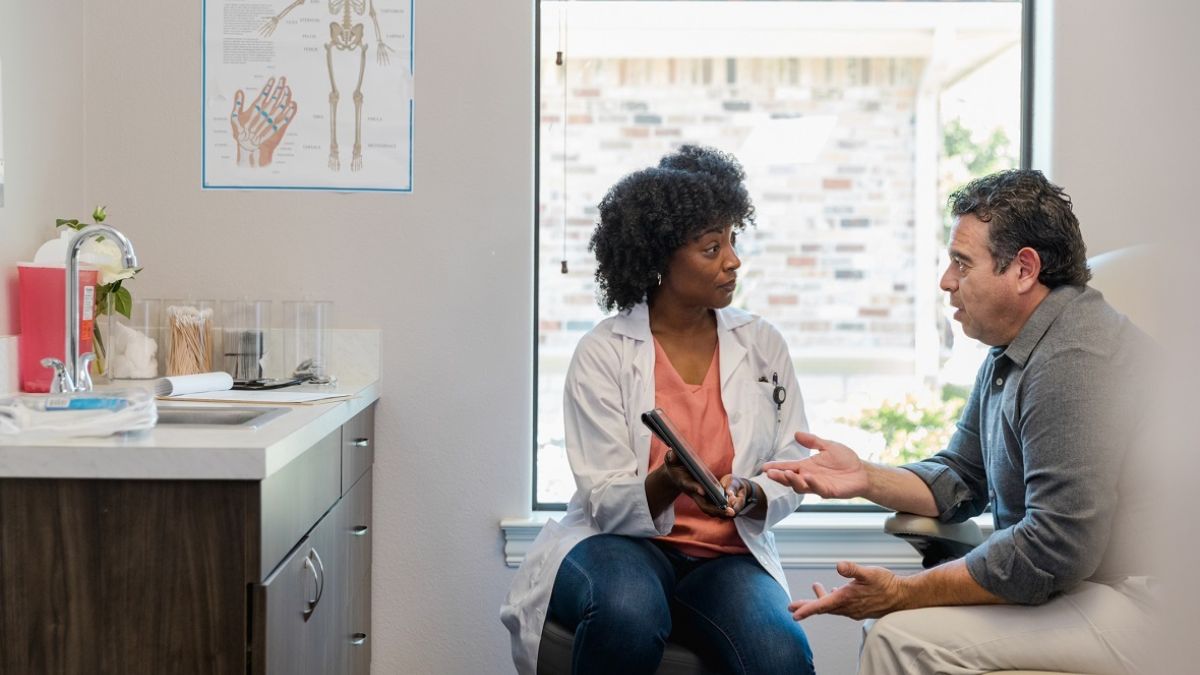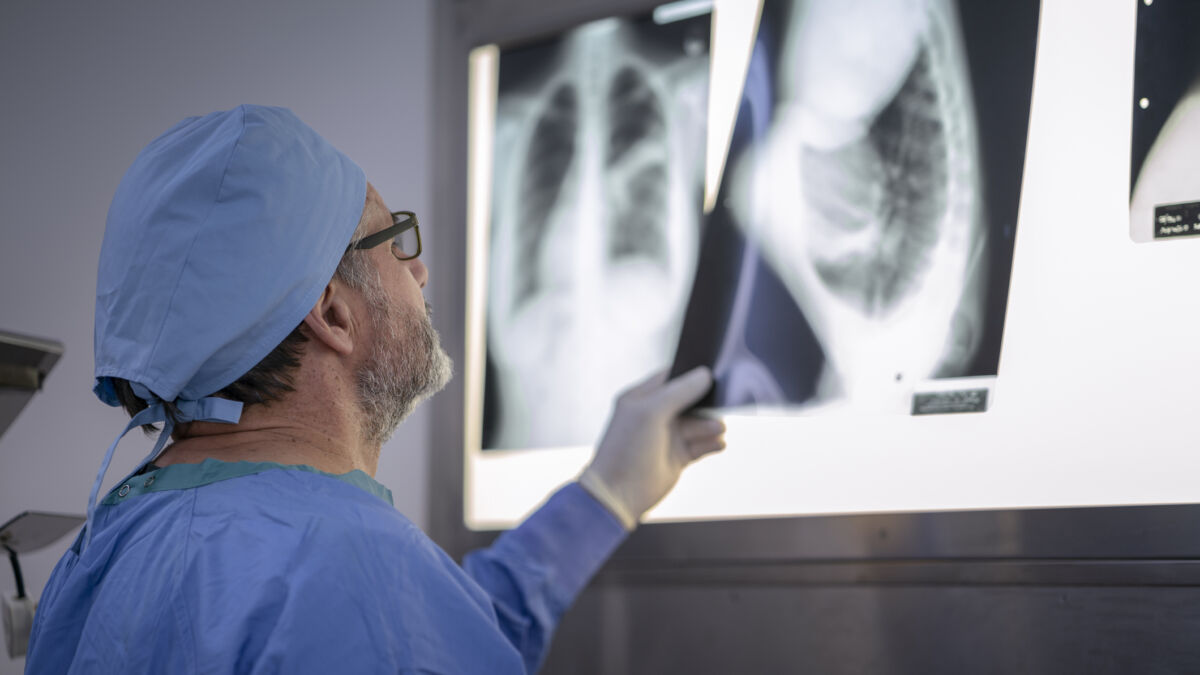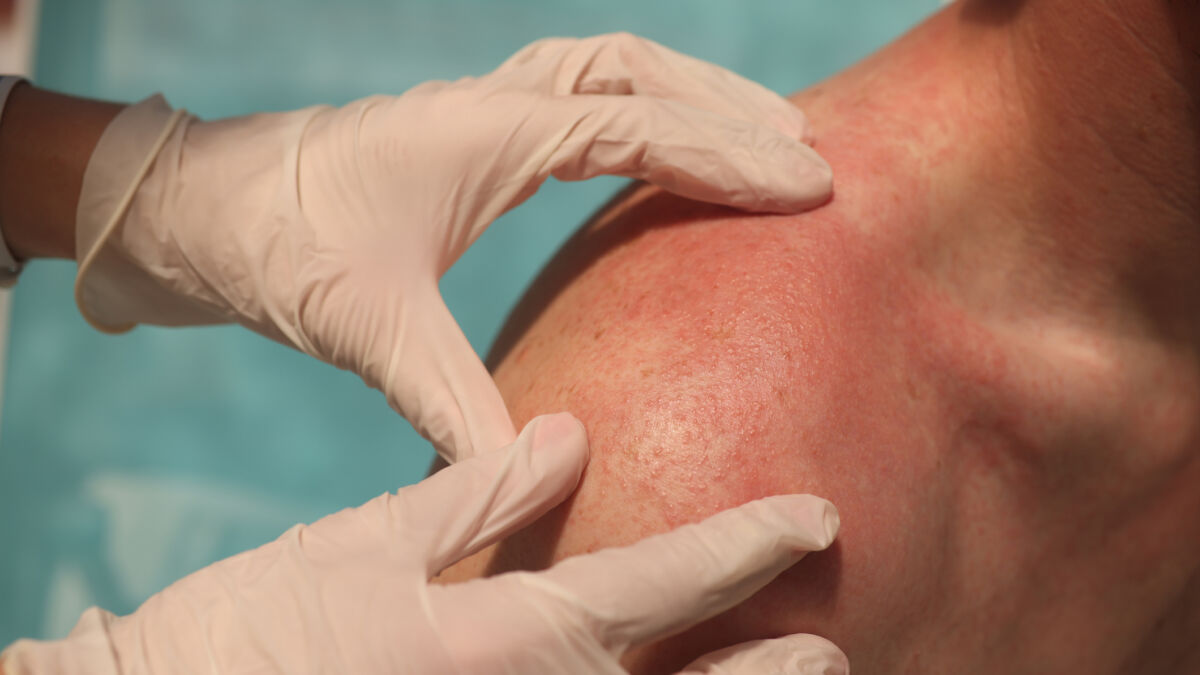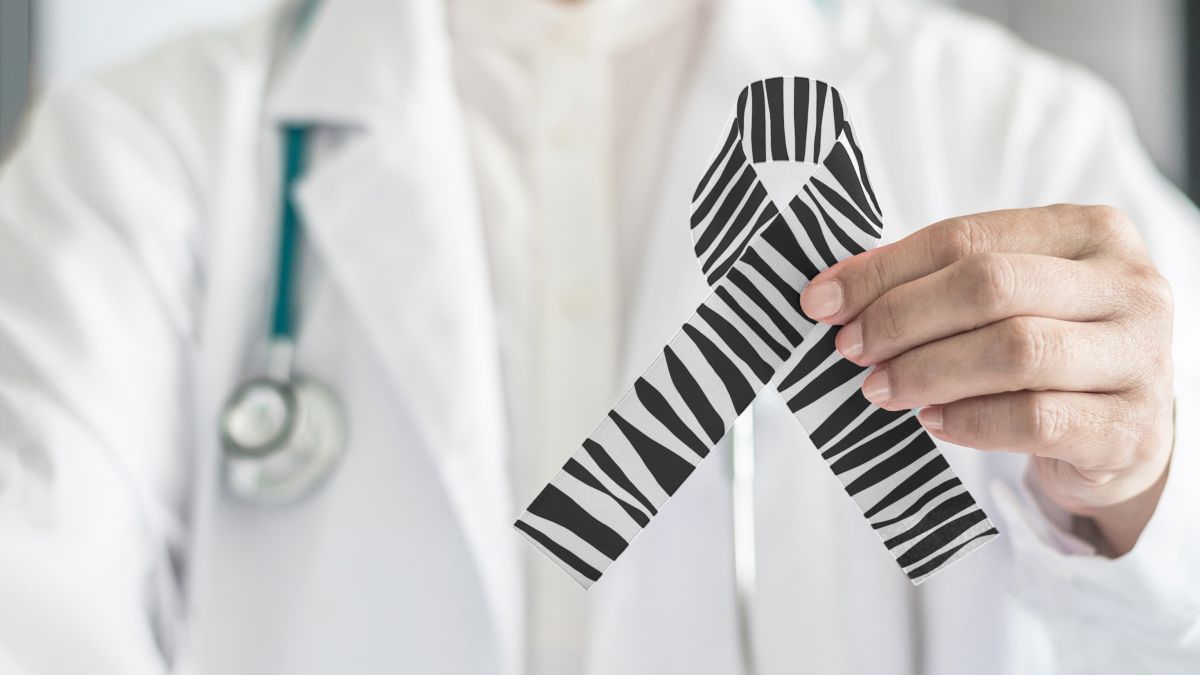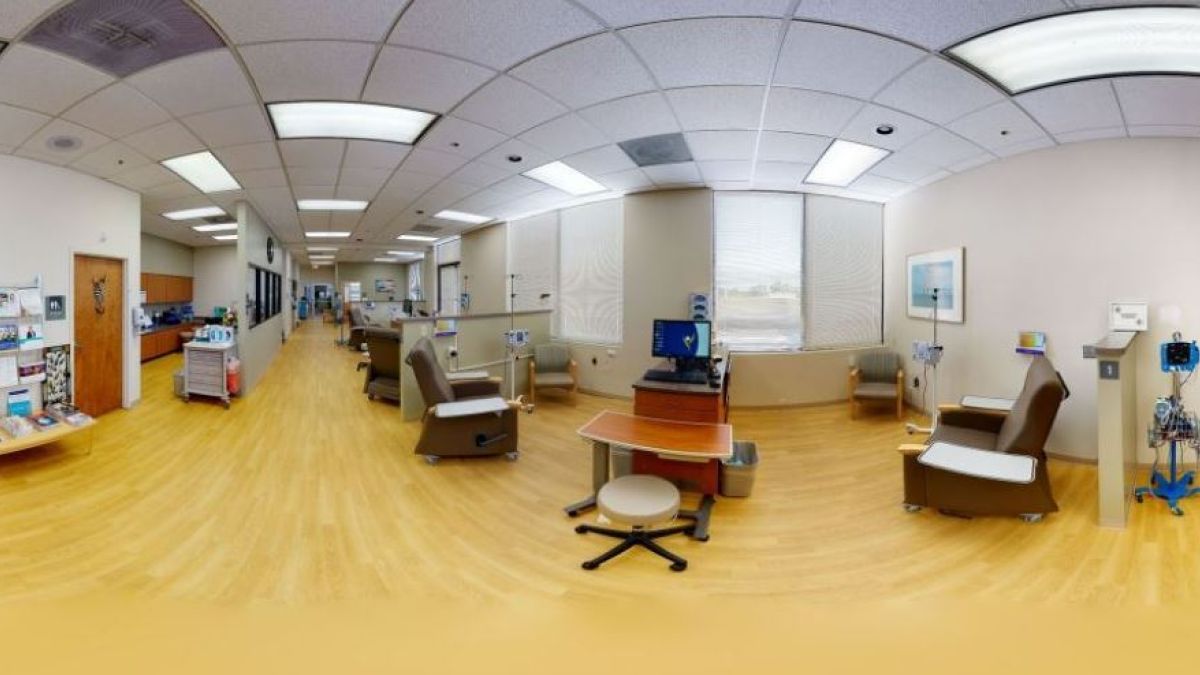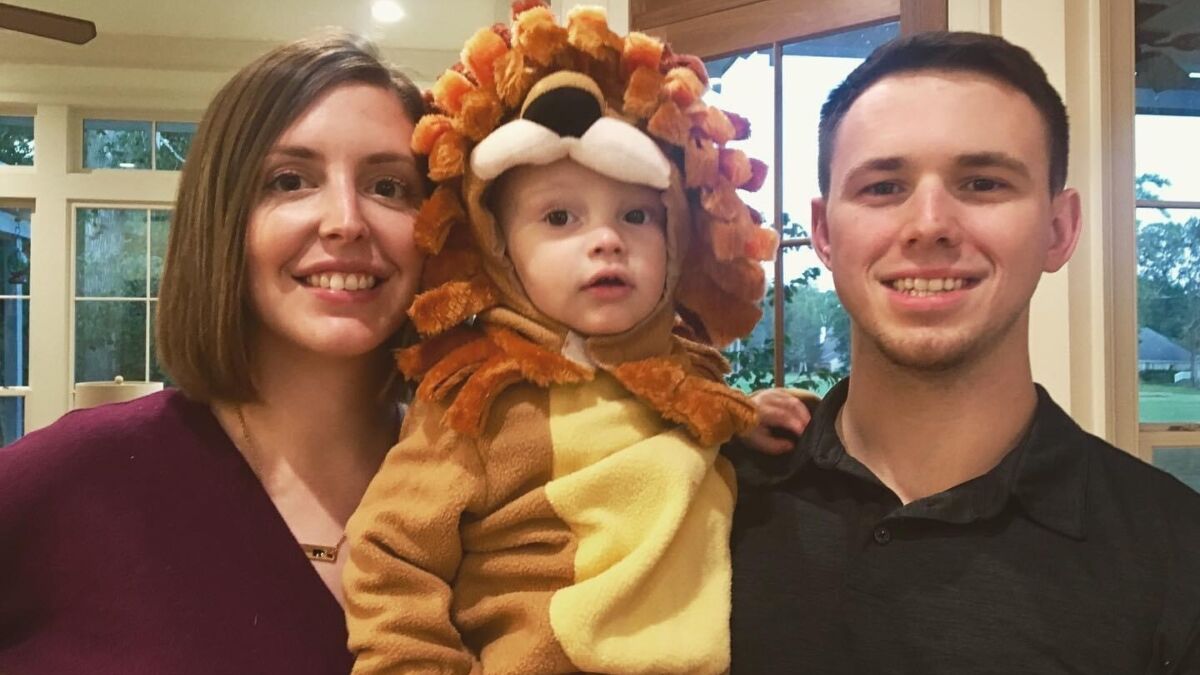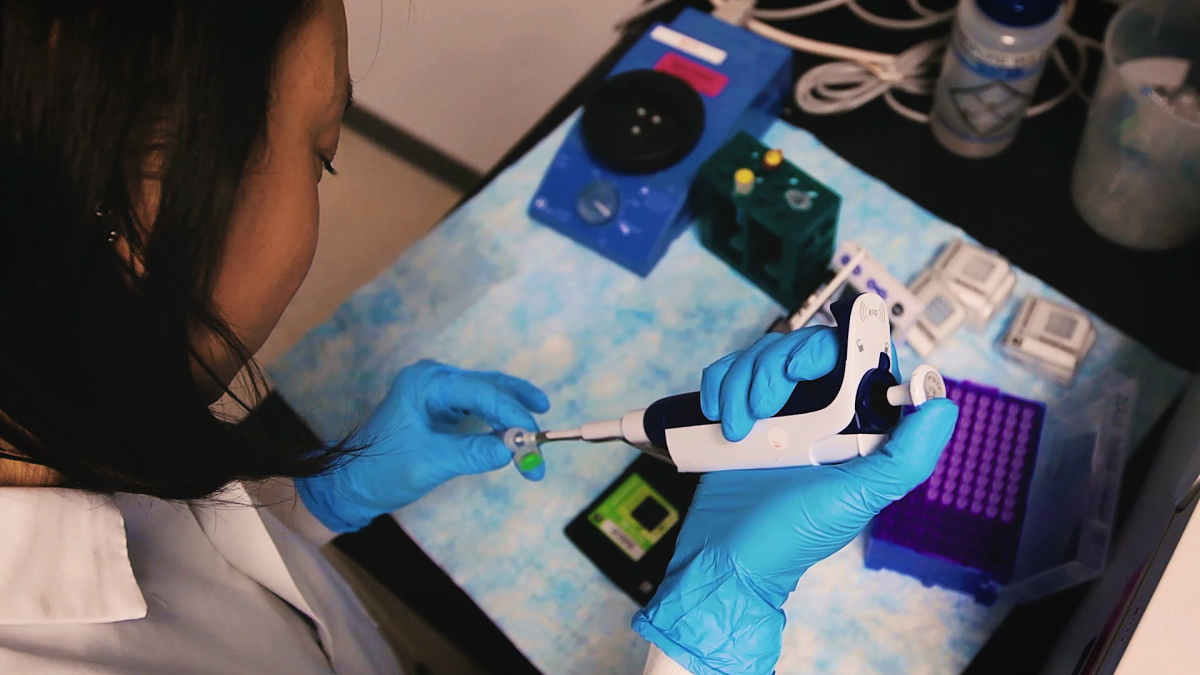Why choose Ochsner Health for your cancer screenings?
Routine cancer screenings are an important part of everyone’s preventive care. Screenings can find cancer early, in its most treatable stages, which in turn helps save lives. Screenings for some types of cancer can even detect cells that are precancerous and remove them before tumors form.
With multiple locations in Louisiana and Mississippi, Ochsner makes it easy to get a screening close to home. And if a screening does detect possible cancer, the extensive network of oncology specialists at Ochsner helps ensure that your journey to care will be coordinated quickly and in one place.
In most circumstances, your health insurance will cover preventive cancer screenings at no cost.







